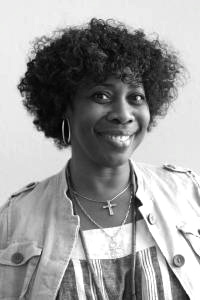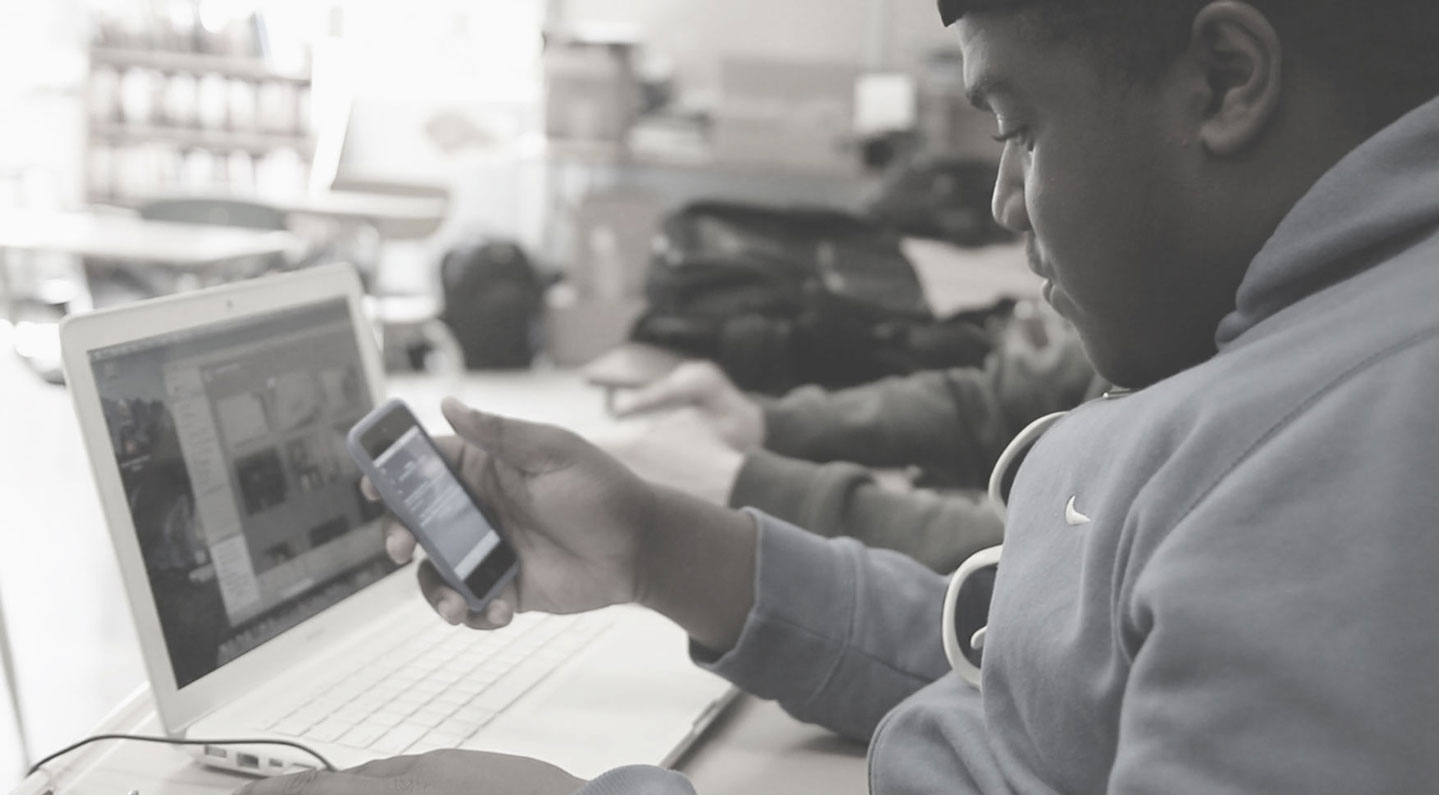




Digital Skills Workshop provides teachers and students with free learning modules that address core competencies for college- and career-readiness as outlined by the Common Core State Standards. This site is comprised of videos and lesson plans you can implement right away. The videos document actual classroom and field exercises where specific digital skills are introduced, explained, and demonstrated.
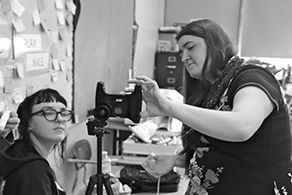




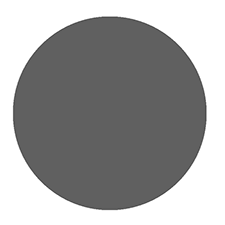
We walk you through how to acquire donated equipment and create effective mentorship programs with universities and professionals. Our methods draw from the practice of journalism to engage students in research, writing, and media production. This curriculum was created by instructors and advanced-level students from the School of Journalism and Communication at the University of Oregon, supported by a grant from the Wayne Morse Center for Law and Politics. Specifically, the project acknowledges the importance of empowering students to become “digital citizens” ––active participants in the advancement of democracy.
Camera technology advances so rapidly that it is easier to acquire used donated gear. Inquire at your local journalism school or library about older cameras and laptops they may be retiring. Older model iPod Touch devices can be found online for under $75, and Apple iBooks for under $100 (complete with iMovie video editing software). Businesses within your community can also be a resource for financial support. Three or four cameras and laptops are enough to get you started. Tripods are essential and can be found online for under $10 each.
Look to your local university’s journalism or media arts program to identify instructors and advanced-level students willing to volunteer support. Many universities require faculty and students to log community service hours, and some offer students academic credit. Additionally, media professionals are often willing to donate time and resources. Check with your local newspaper, radio, and television station’s editorial team. Local media can also be an outlet for publishing your students’ work.
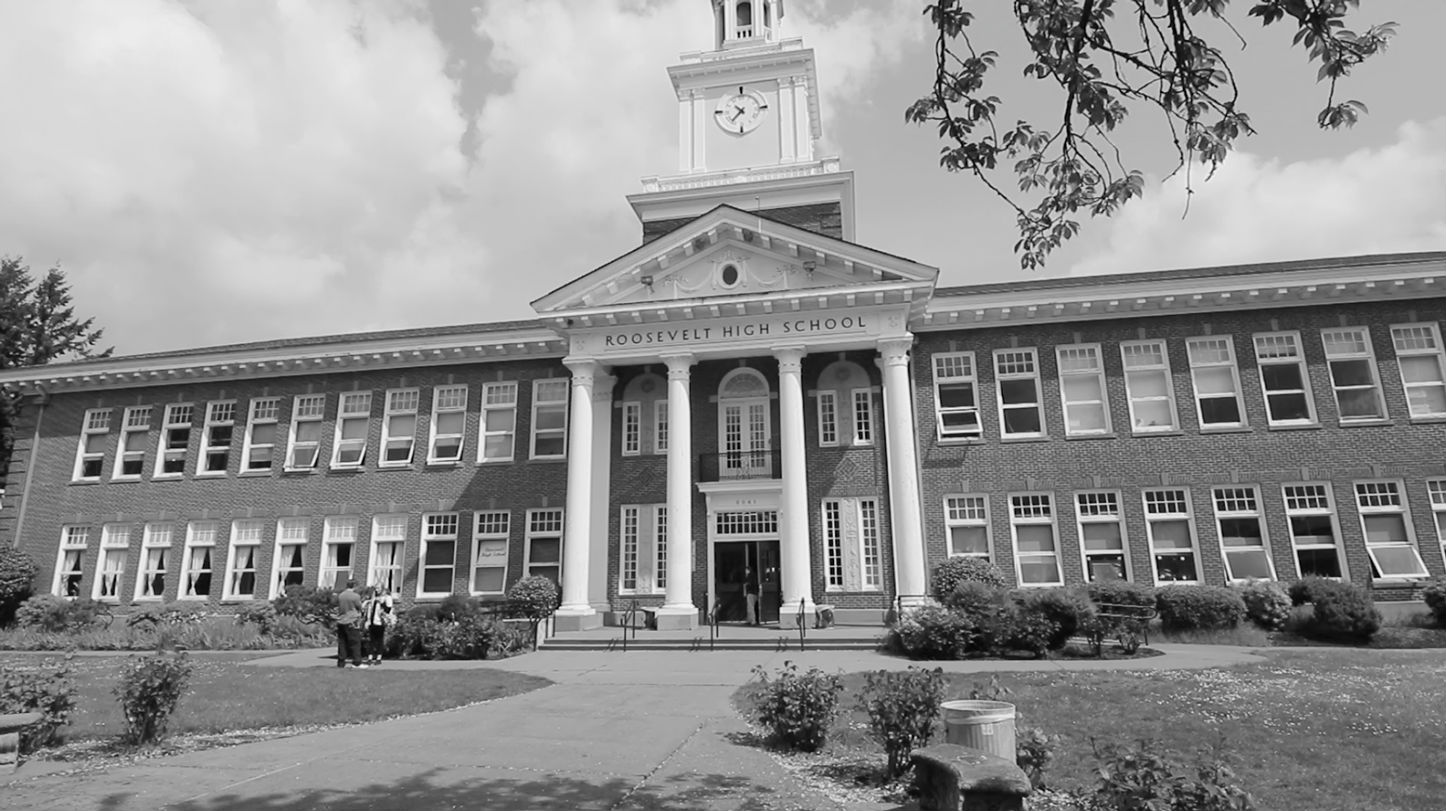
Roosevelt High enrolls approximately 700 students, with 77% qualifying for subsidized school meals. Its student population is the most diverse in the state: 31% Latino, 30% White, 23% African-American, 9% Asian, and 4% Native American (ODE, 2010).
In 2010, the Oregonian newspaper reported that “measured by cold statistics, Roosevelt last year established itself as Oregon’s lowest performing high school. Only 39 percent of students in the class of 2009 graduated on time, and sophomores' 2010 passing rate of 40 percent on the state reading test was dead last among regular high schools.”
Despite these challenges, Roosevelt’s administrators and teachers share a common commitment to preparing their students to succeed in life. In that spirit, instructors and advanced-level students from the School of Journalism and Communication (SOJC) at the University of Oregon launched a five-day mentorship program for a cohort of twelve students at Roosevelt High School. Our objective was to introduce core digital literacy skills aligned with the Common Core State Standards in language arts that would have lasting impact.
The SOJC donated iPod Touch devices––capable of capturing stills, video and audio––and left them for the school to keep. The videos and lesson plans available here are a lasting repository for educators anywhere who want to replicate our results.



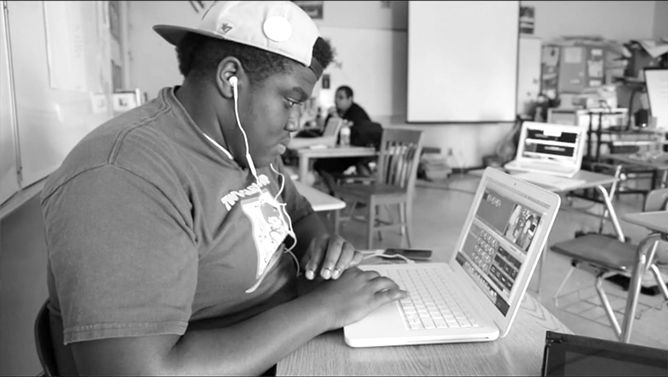
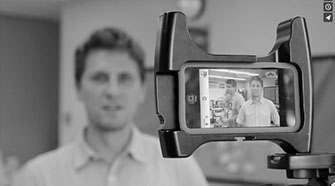
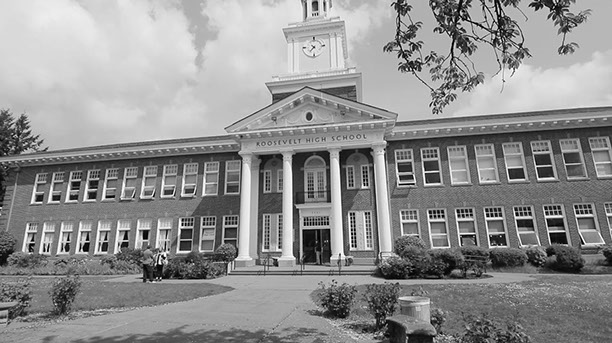

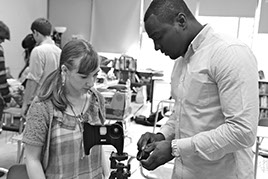
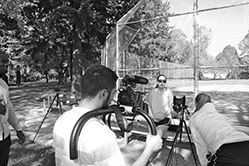
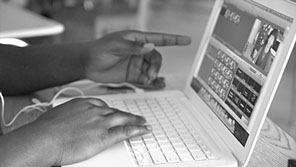
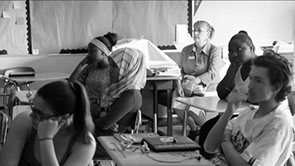
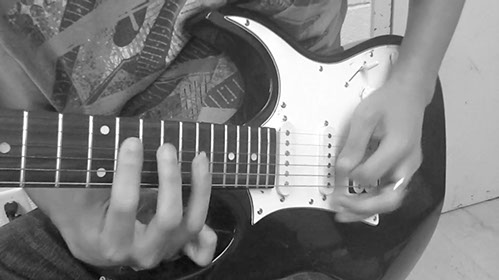
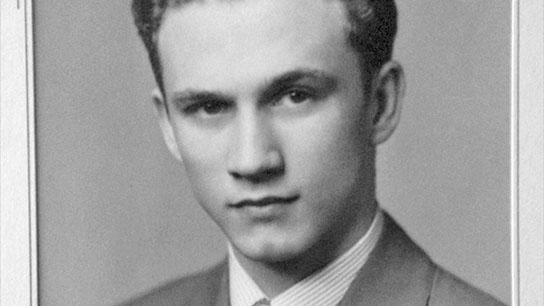
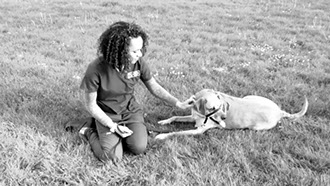
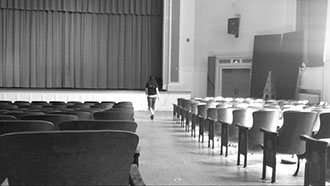
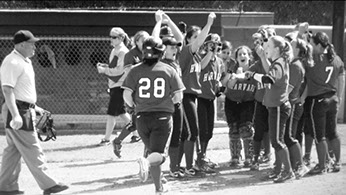
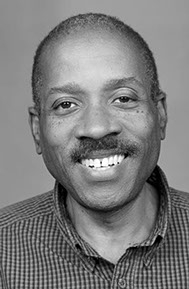
222x223.jpg)
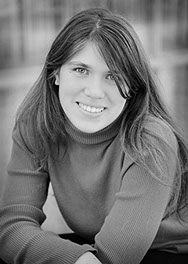

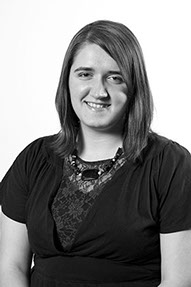
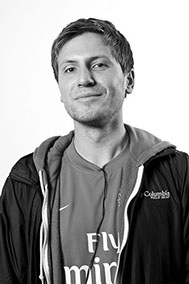
195x220.jpg)
